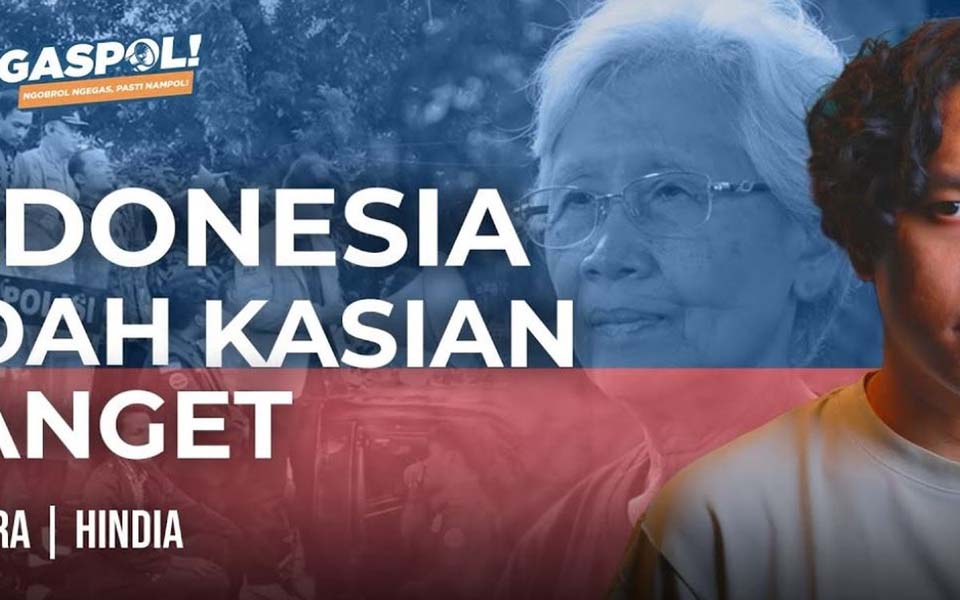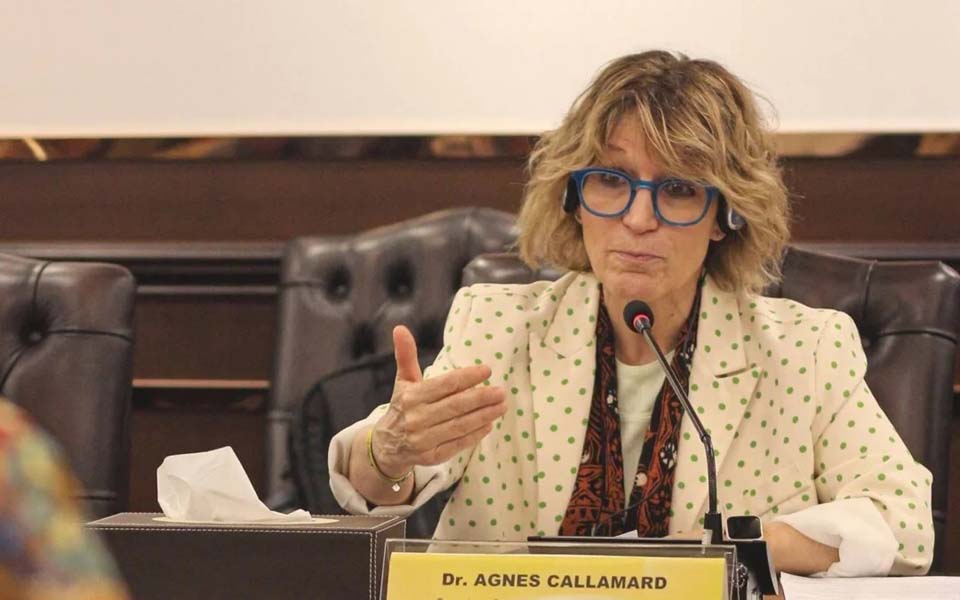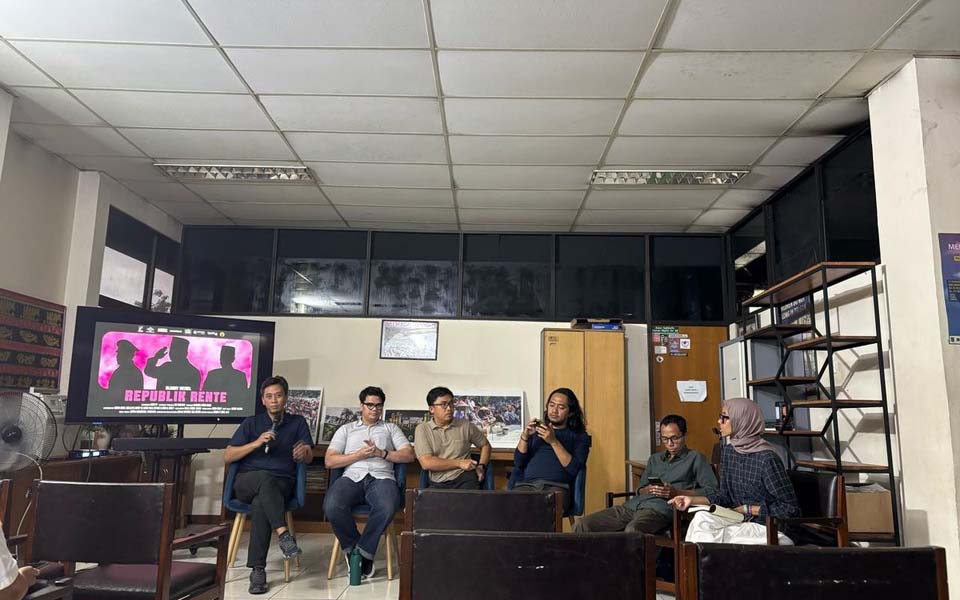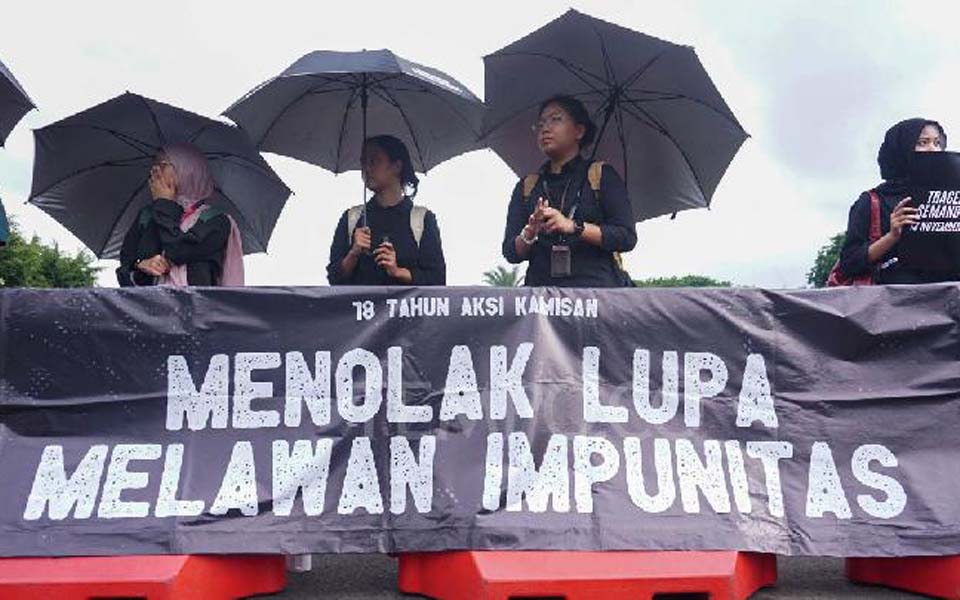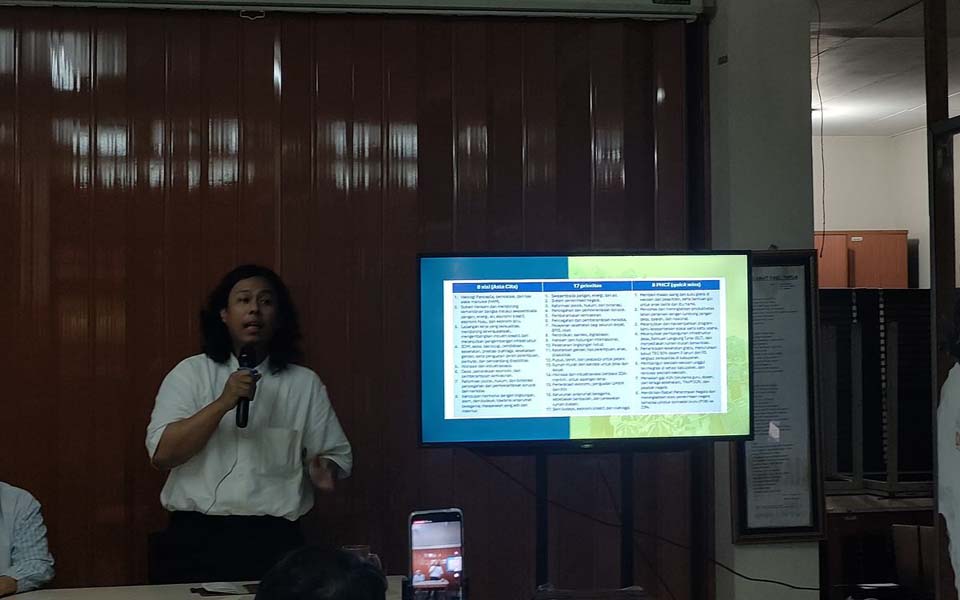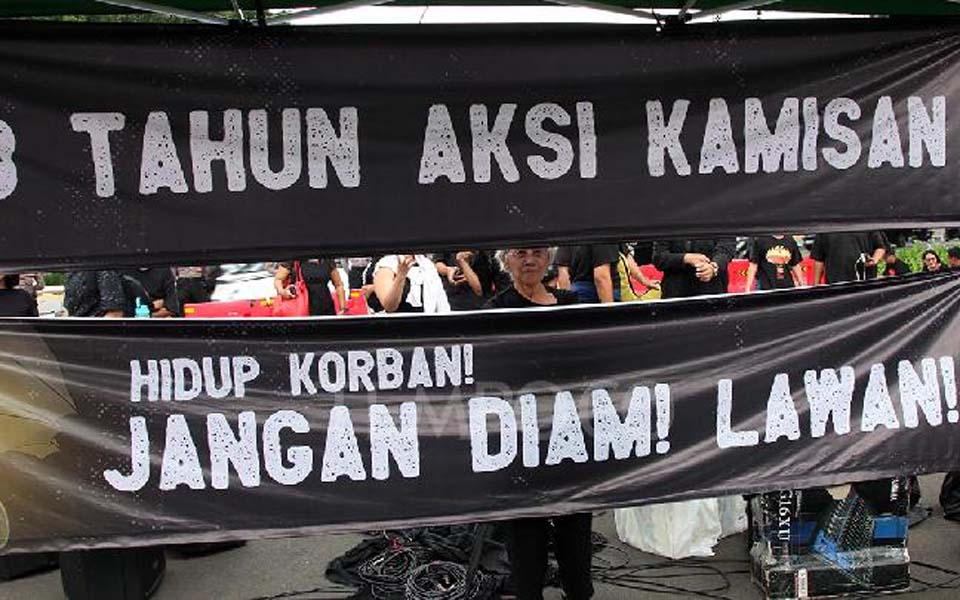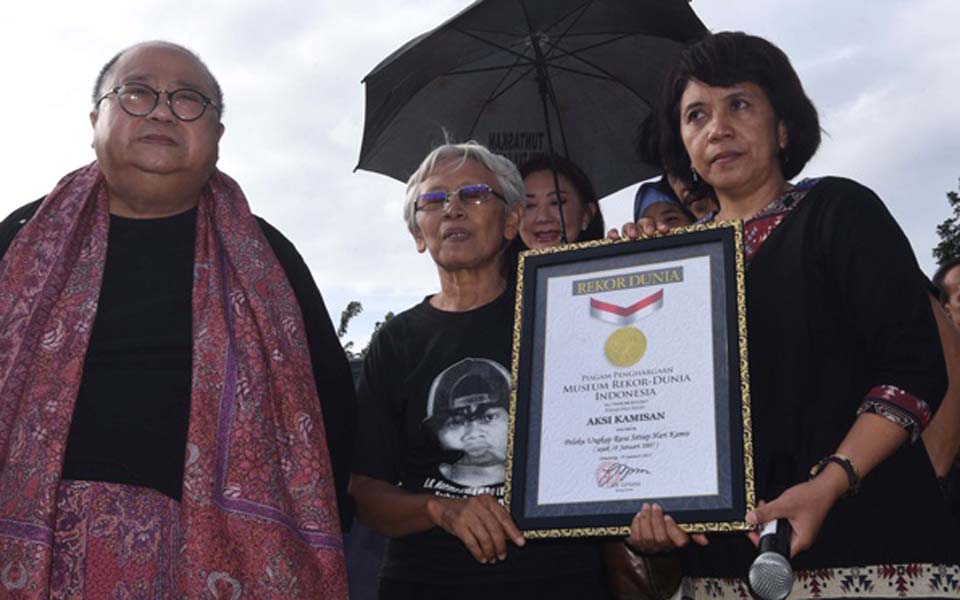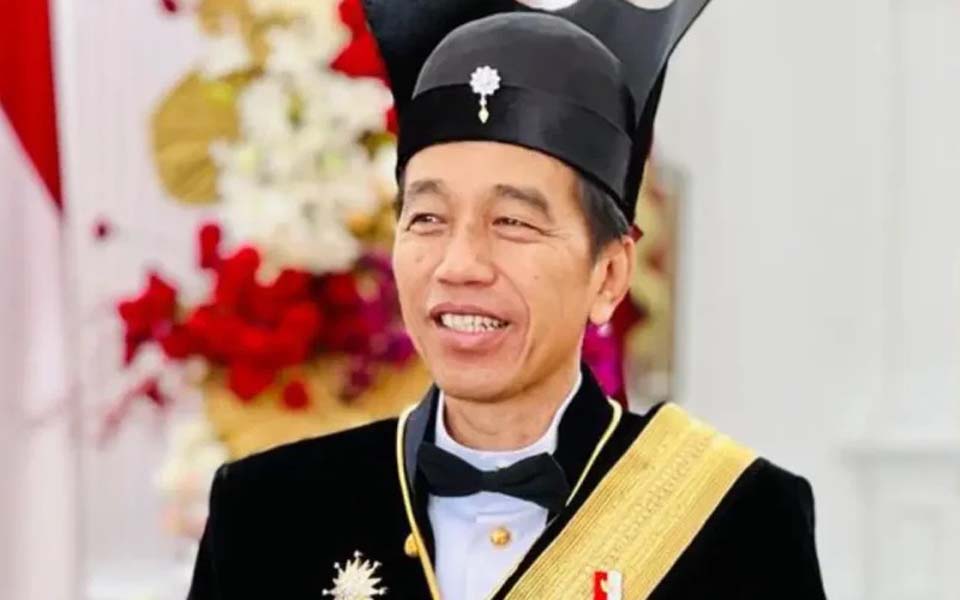Jakarta – President Joko “Jokowi” Widodo’s first speech as president elect for the period 2019-2024 contained several words which were seen as tough. The potential for authoritarianism in the next administration was also apparent in his speech titled Indonesia Vision.
Jakarta State University (UNJ) political observer Ubedilah Badrun says that on several occasions the diction used by Widodo in his speech smacked of centralism and was quite tough. Although he regrets that the choice of tough words was not accompanied by any clear details about his vision.
“For example words like, I will pursue, I will thrash soundly, I will sack, and so forth. Although frequently he did not give any clear details”, Badrun told CNN Indonesia on Monday July 15.
In his speech Widodo did indeed assert that he would soundly thrash (menghajar) anyone who obstructs investment because, according to Widodo, investment can open up more job opportunities.
“Be careful, going forward I guarantee that I will chase, I will control, I will check and I will soundly thrash [anyone] if necessary”, said Widodo in his speech in Sentul, Bogor, on Sunday July 14.
Badrun also highlighted Widodo’s statement that there is no place for anyone who discredits the state ideology of Pancasila. According to Badrun, this statement reveals the potential for authoritarianism because it was not followed by an explanation of what characterises discrediting Pancasila.
“This has the potential of hegemony over the interpretation of Pancasila and the potential for authoritarianism”, said the sociology and politics lecturer.
This was related to Widodo speech which on several occasions touched on the issue of Pancasila as being a home in which we live together as a nation, one motherland. He asserted that there can no longer be any people who refuse to believe in Bhineka Tunggal Ika (unity in diversity).
“There will be no tolerance whatsoever for anyone who discredits Pancasila, anyone who questions Pancasila!”, said Widodo in the speech.
Fundamental issues
Badrun also said that Widodo’s speech failed to touch on things which will be fundamental in leading the country over the next five years.
He also highlighted the title of the speech – Indonesia Vision – but in general terms Widodo did not actually outline what a strong vision for Indonesia would be in the next five years, for example an economic vision.
“He only said we must work hard, build infrastructure and open up investment opportunities as widely as possible. This isn’t a vision but a means of achieving a vision”, said Badrun.
According to Badrun the Indonesian public and the international community wants clarity on what Widodo’s economic vision will be in the midst of the trade war between the US and China and the character of the economy five years on in the midst of a demographic surplus.
“Five years in to the future what will the figure for our economic growth be approximately. The problem with this is it’s abstract. Not visible”, he said.
The other fundamental problem, said Badrun, is that Widodo did not discuss Indonesia’s humanitarian vision in his speech. Yet according to Badrun, the problem of human rights in Indonesia has become a focus of international attention.
“During [Widodo’s] first five year term, unfortunately there was not one human rights case that has been handled properly”, he said.
He said that as well as failing to deal with past human rights cases, new cases have emerged during his first term, including the criminalisation of activists and those killed by live rounds during the May 22-23 post-election riots in Jakarta.
Badrun believes that this humanitarian vision should be framed in the context of a vision for democracy. He regrets that this democratic vision was also not addressed in the speech. Widodo only touched on the issue of creating a civilised democracy and a call to put on end to abuse and insults.
“If his vision of Indonesia’s democracy and human rights over the next five years is unclear, I think it will become a heavy burden for the Jokowi administration, aside from the issue of an unclear economic direction”, he said.
In relation to education, Widodo only touched on the importance of vocational training schools. According to Badrun, there are many educational problems that need to be reformulated from the level of primary school through to tertiary education.
“Jokowi in his speech only touched on vocational [schools], this means that Jokowi is only concerned about providing education to make people into workers”, said Badrun.
Widodo’s speech discussed five points which will be developed over the next five years of his leadership.
First, continuing with infrastructure development. Second, human resource development. Third opening up the widest possible investment opportunities. Fourth reforming the bureaucracy. Fifth, ensuring that the state budget is focused and on target. (pmg/gil)
[Translated by James Balowski. The original title of the article was “Diksi Keras Pidato Jokowi dan Potensi Otoriter Jaga Pancasila”.]






